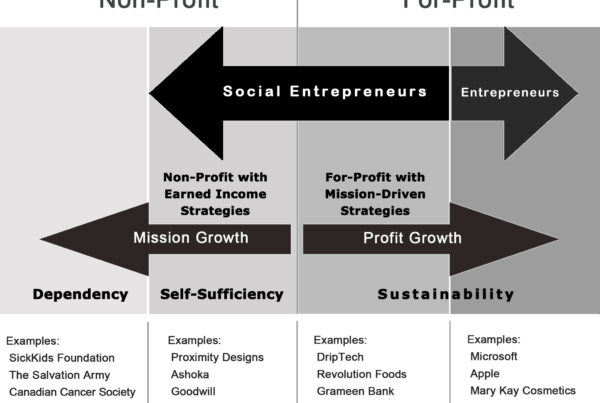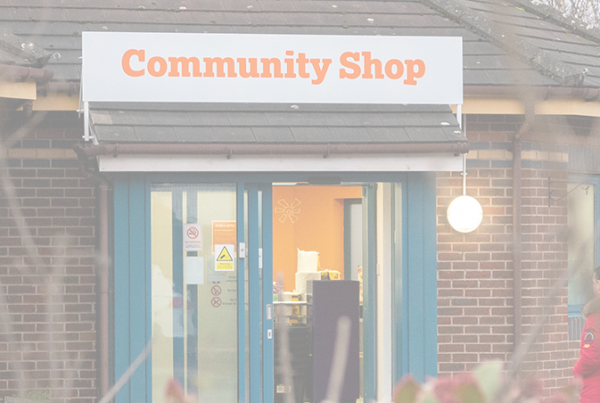Source: Hannah Keartland from Future Shapers
For some it might be about transitioning to a greener energy supply and recycling as much office waste as possible. For others it might be about deprioritising profit as a goal and focusing on achieving a social objective such as helping homeless people get back into work. And for some, purpose is about engaging employees rather than achieving social or environmental impact.
There is a lot of talk and no clear definition. And so we see the concept being played out in many different ways.
We also see a lot of greenwashing – companies making sustainability claims to engage consumers but without the substance to back it up. Or the likes of VolksWagen going one step further and working out ways to evade environmental regulations.
Then there are the companies that are doing great sustainability initiatives behind the scenes but not talking about it.
How can we put a bit of structure around this?
I like to think of a ‘spectrum of good’. What’s important is understanding where you are on that spectrum at the moment – and being honest about where you want to get to. Then you can come up with a plan for how to achieve that change.

(Source: Author’s own)
On the left hand end you have companies that are focused on profit maximisation and growth. This is where many companies have been and still are – and it’s important to be honest about that. Companies at this stage aren’t measuring or reporting on social or environmental (non-financial) impact. Though they may be greenwashing to appeal to consumers.
Moving along the spectrum, we have companies that are complying with regulatory requirements and may be making some other changes that make sense financially. For example, switching to renewable energy or changing to LED lighting are easy changes that can often reduce costs. At this stage, companies may be making some basic changes to meet consumer, employee and investor demands. But they’re not doing more than the minimum and there’s still a high risk of greenwashing.
The next part of the spectrum is where we see a crucial mindset shift within the company. The leadership recognises the benefits of becoming a genuinely ‘responsible business’ and have committed to evolving the business. They’re at the start of the journey and the focus is likely to be on ‘being less bad’ – addressing elements of their business which have negative social or environmental impact.
At this stage, the organisation starts to understand the broad set of stakeholders that are impacted across the whole value chain, including the environment and people not directly connected to the company. They have started to measure their social and environmental impact.
Becoming a ‘responsible business’ is a journey and it’s a journey which is never really completed. But the aim of many businesses is to reach a stage where they shift from ‘doing less bad’ to ‘doing no harm’.
At this stage, social and environmental impact are key considerations in all innovation and investment decisions. The business is evolving into one where social and environmental impact are integrated into all of the organisation’s business models. Social and environmental impact are becoming part of the culture of the organisation, supported by HR processes. Recruitment, development and recognition processes are aligned with the values and behaviours needed to be a ‘responsible business’.
Some organisations have an ambition to actively ‘do good’. These organisations are playing an active role in solving world problems – social and environmental impact are the primary objective of the organisation. Financial objectives are purely related to financial sustainability.
Many organisations at this end of the spectrum have had their impact objectives baked into them since their foundation. And they tend to be charities or NGOs and social enterprises. One of my favourite examples is Change Please which is supporting people out of homelessness through selling coffee. Though the likes of Patagonia are proving that actively doing good in the world can lead to strong financial performance.



